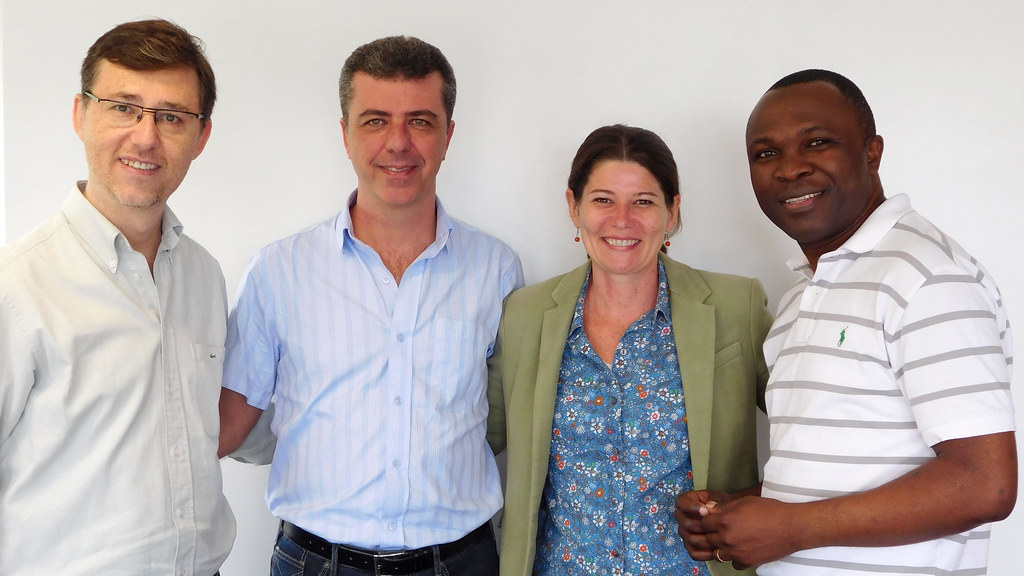Dr Hugo Santiago Sanchez has been leading an innovative research project that aims to support the development of student teachers and inform the revision of practicum-based teacher education programmes in Brazil.
The project draws on the teaching experiences of early-career Portuguese teachers working in state schools in São Paulo. It uses case studies of four student teachers as the basis for the research.
Improving teacher recruitment and retention
Dr Sanchez recognises that there is further research needed in this area, but he hopes that this project will help improve teaching staff recruitment, retention and motivation in state sector schools.
‘There is much more scope for research in this area through the academic community. We hope to conduct more research from the themes we establish as part of this project, and advance our theoretical understanding of pre-service teachers’ cognitive development and initial teaching engagement.’ Dr Sanchez told us.
Discovering common research interests
In March 2015, Dr Sanchez visited the University of São Paulo as part of the Faculty of Humanities & Social Sciences delegation.
‘During this visit, I was able to build the foundations and identify areas of mutual interests and potential for new research collaborations.’
The second visit to Brazil took place in November 2015 once the project was underway.
‘The second visit helped us consolidate the team, address issues which had arisen during the data collection and disseminate some of the research findings. We were also able to build the foundations for the development of a larger-scale research project involving partner universities from different countries.’
Working together
As part of this project, Dr Lívia de Araujo Donnini Rodrigues worked closely with Dr Sanchez and Dr Kuchah in the Department of Education at Bath. She has been involved in the data collection and analysis as part of the project.
‘The data we collected for this study was in the participants’ mother tongue, Portuguese,’ said Dr Sanchez, ‘Lívia supported the team at Bath by identifying key empirical evidence from the data set and by translating it into English.
‘Lívia has also helped develop our dissemination strategy, identifying target journals, newsletters, seminars and conferences of interest to researchers and stakeholders both in Brazil and the UK.’
In June, Dr Émerson de Pietri from the University of São Paulo visited the University of Bath to collaborate with the project team.
‘Dr de Pietri conducted some library research for a project on grammar and writing teaching in state schools which he is currently working on. To do so, he received advice from Dr Paul Denley, former Director of Studies for the PGCE course at the University of Bath.
‘Dr de Pietri was also able to arrange several meetings with Dr Trevor Grimshaw, the Language & Educational Practices research cluster leader, in order to develop a research project which explores language teaching in contexts of social and economic disadvantage.’
Challenges of the study
Despite the positive efforts of the researchers working together, there were several challenges with the study, particularly the collection of data in contexts of social and economic crisis and vulnerability.
‘Due to massive and extended student protests in São Paulo during November and December 2015, our data collection was delayed and we had to revisit our original methodological design. Being able to visit the University of São Paulo enabled us to address this issue more quickly.’
Another challenge for the team was the identification of target journals which were of interest to both universities and to researchers and stakeholders from both Brazil and the UK.
‘The international profile and publishing expertise of both teams and institutions were very important and enabled us to draw on a wide range of experience.’
